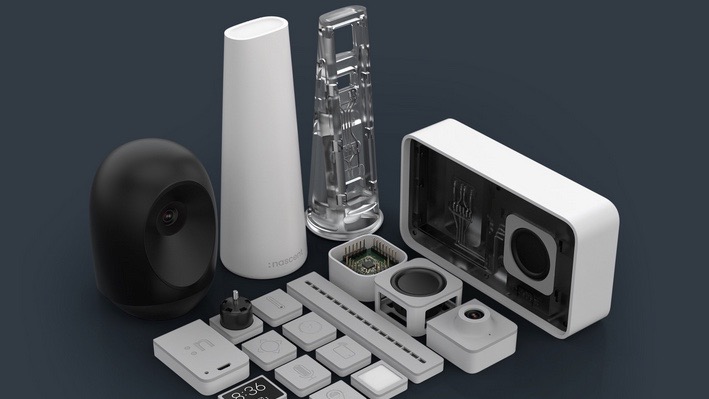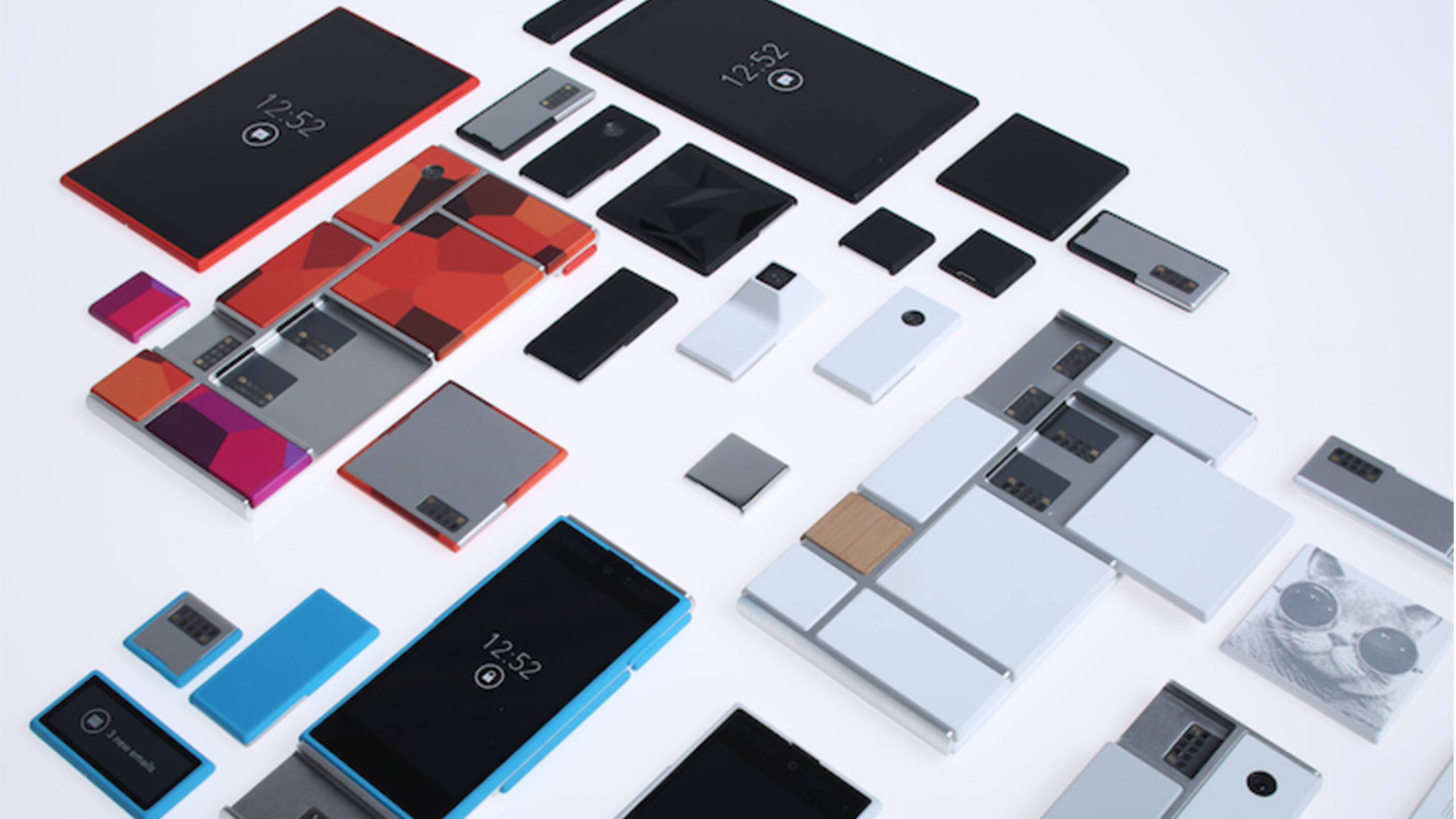Why did Facebook just buy this modular gadget company?
'We hope to create hardware at a speed that's more like software'

Sign up for breaking news, reviews, opinion, top tech deals, and more.
You are now subscribed
Your newsletter sign-up was successful
Facebook just scooped up a new company, one that could very well help it build products - including of the modular variety - at an unprecedented pace.
Nascent Objects, described by Recode as a small startup that specializes in modular gadgets, developed what it claims is the "world's first modular consumer electronics platform."
"By combining hardware design, circuitry, 3D printing and modular electronics, our technology allows developers to go from concept to product in just weeks, much faster and less expensive than traditional methods," writes Nascent Objects CEO Baback Elmieh in a post announcing the company's acquisition.
The idea is to take the principles that govern creating software and apply those to building hardware. That means fast iteration, on-demand development and quick 180 turns, all of which are nearly impossible in the supply chain-driven world of tangible goods.
"People have become used to the idea that with software, you can have whatever you want, whenever you want it," says Elmieh. "We want to make this happen with hardware - and we think Facebook is the best place to make this a reality."
What could Facebook make?
The Nascent Objects team will join Building 8, Facebook's hardware incubator. Led by ex-Googler Regina Dugan, Building 8's mission is to develop hardware that advances the social media giant's mission of connecting the world.
"Imagine designing, building and delivering a hardware product in just weeks. Instead of months, or even years," Dugan writes in welcoming Nascent Objects. "Together, we hope to create hardware at a speed that's more like software."
Sign up for breaking news, reviews, opinion, top tech deals, and more.
What all this means specifically for Facebook remains to be seen, but the possibilities are endless.
Could Building 8 use Nascent Objects' expertise to develop a modular phone, something Dugan's former stomping grounds tried to do? It certainly seems plausible, and would fit Facebook's ambitions of connecting people across the globe.

Another possibility is drone development. Though Facebook is making strides in launching internet-delivering autonomous planes, it could potentially tap new, more efficient production systems to pump them out faster (beating rivals like Google along the way).
What's equally likely is that Building 8 will develop products we haven't even seen yet, because now it's armed with a way to turn concept into reality in the (relative) blink of an eye.
We'll see how this new buy shakes out, but it looks like Facebook just gained a distinct advantage over other hardware makers stuck with old modes of making things.
- Our review of Oculus Rift

Michelle was previously a news editor at TechRadar, leading consumer tech news and reviews. Michelle is now a Content Strategist at Facebook. A versatile, highly effective content writer and skilled editor with a keen eye for detail, Michelle is a collaborative problem solver and covered everything from smartwatches and microprocessors to VR and self-driving cars.